Hated, Beloved and Highly Used: The Past, Present and Future of the Brooklyn-Transforming BQE
The Brooklyn-Queens Expressway radically changed Brooklyn in the 20th century. Here’s a look at its history and the ever-evolving proposals for repairing and rethinking it in the 21st.

One of the greatest achievements of New York City power broker and infrastructure builder Robert Moses, the Brooklyn-Queens Expressway transformed Brooklyn in the mid-20th century.
It created pathways for cars, cut off the industrial waterfront from brownstone Brooklyn — cementing, literally, class inequalities in the landscape — and set the stage for the landmarking of Brooklyn Heights.
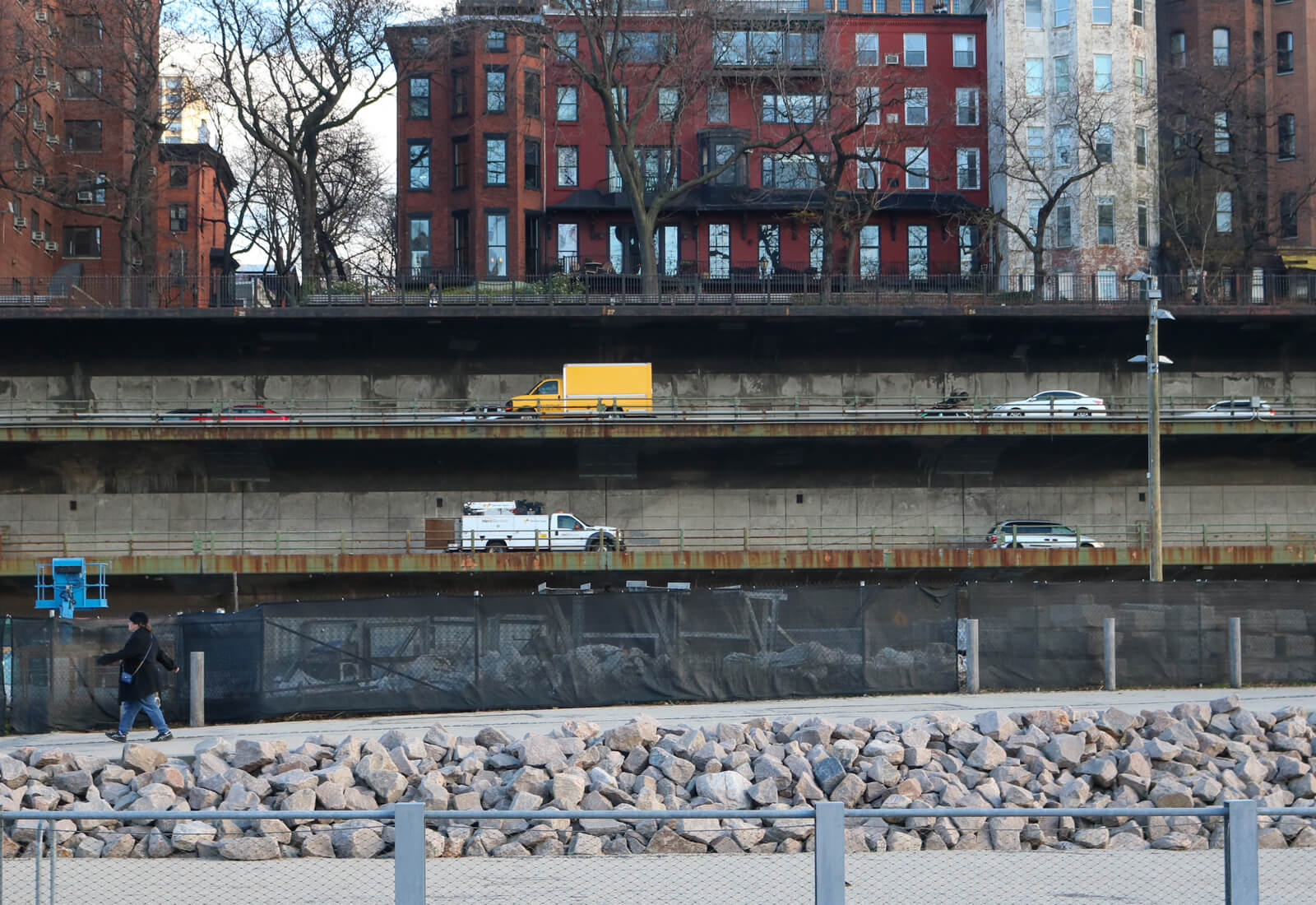
Some 70 percent of the Brooklyn portion was completed by 1954, including the cantilevered section crowned by the Brooklyn Heights Promenade; the last bit, running alongside the Navy Yard, was finished in 1960.
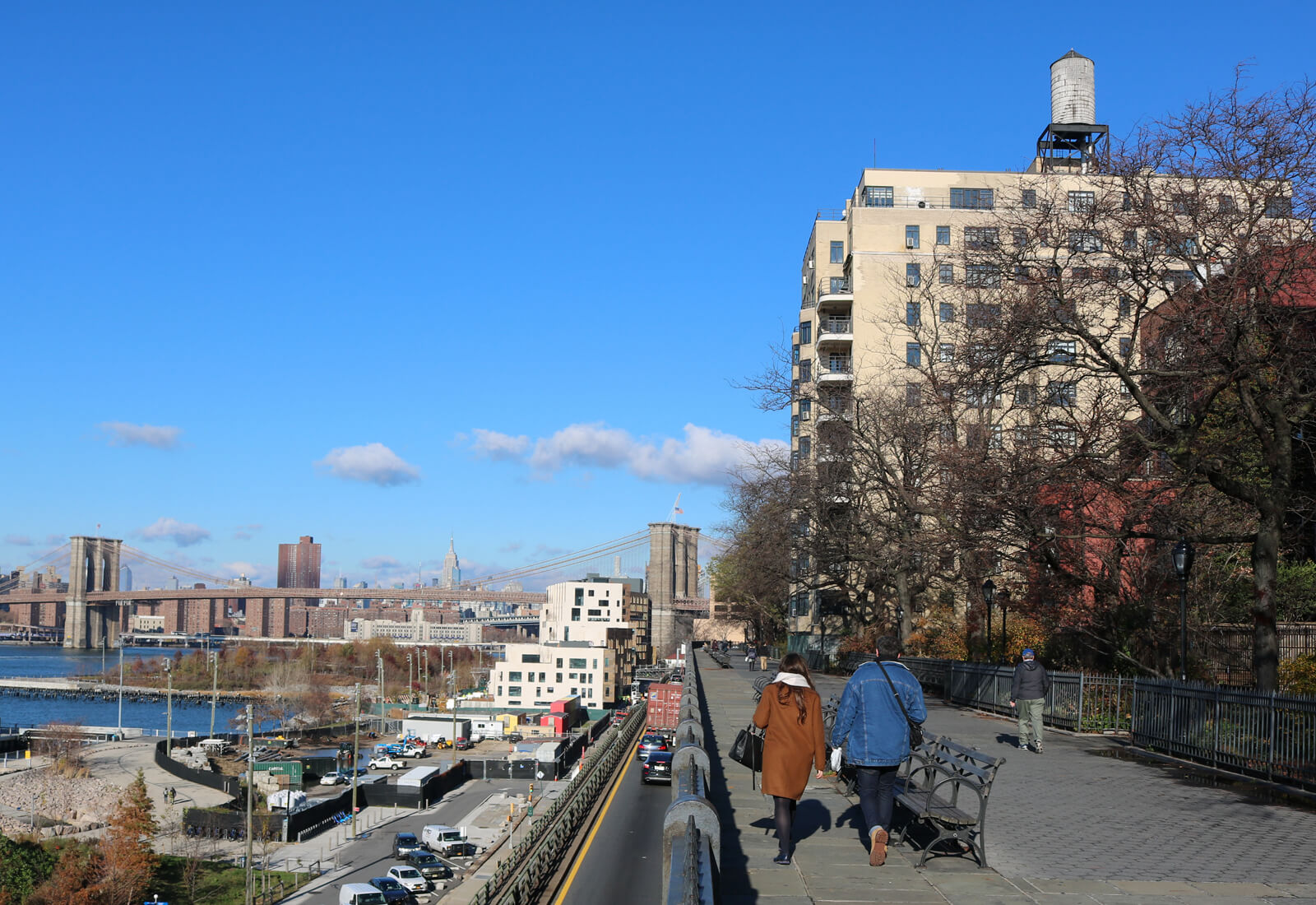
Nearly 60 years later, the winding roadway needs a tuneup. While patching has been ongoing, now the New York City Department of Transportation is seeking state funds to cover 38 percent of a $1.7 billion project to strengthen the roadway from Atlantic Avenue in Brooklyn Heights to Sands Street in Downtown Brooklyn.
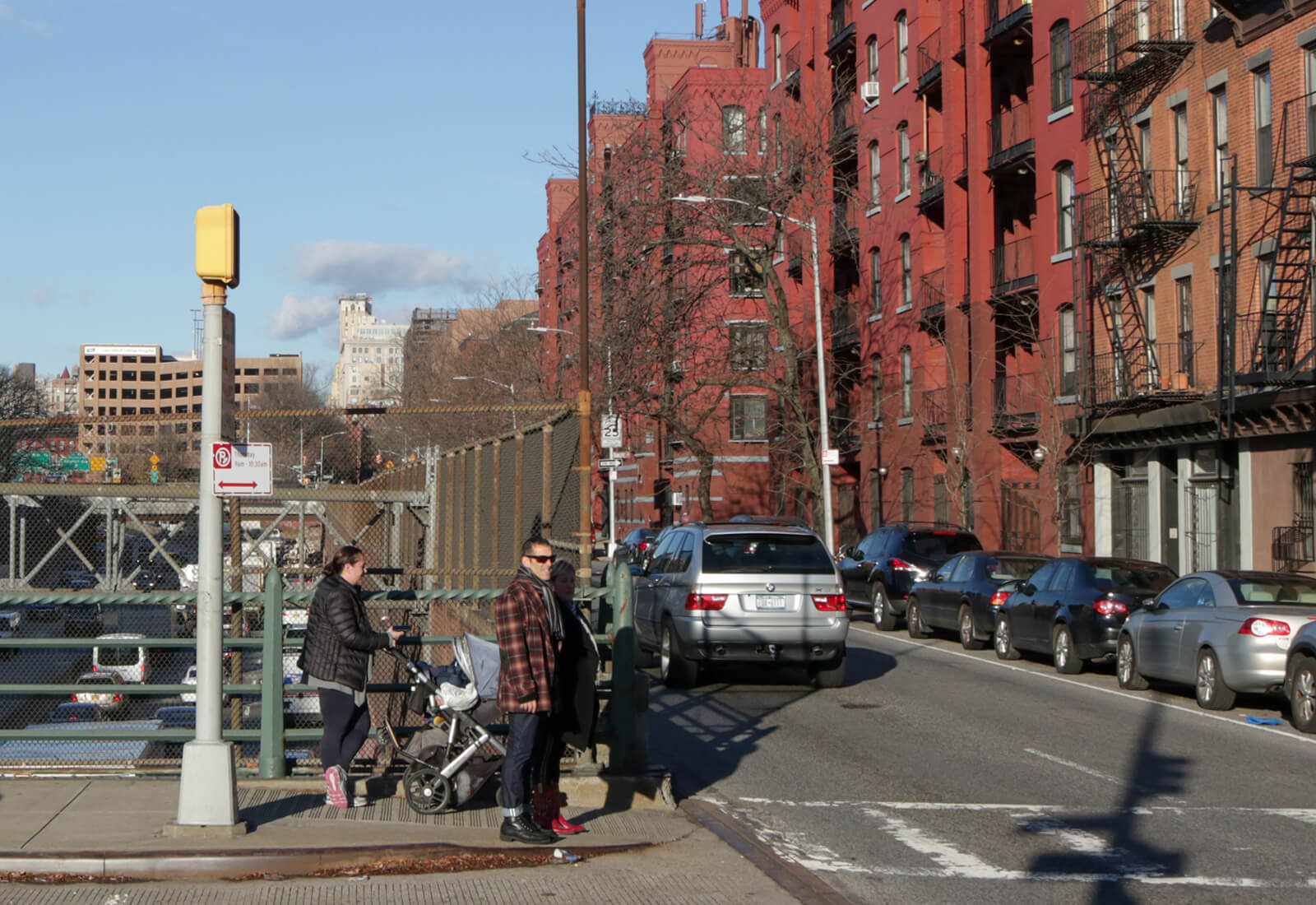
The preliminary design for the BQE Atlantic to Sands Project, as it is called, will be completed in 2019, and construction will take five years.
The cantilevered highway under the promenade as well as 20 other elevated stretches (bridges, in DOT parlance) will be rebuilt. The expressway, traversed by almost 200,000 vehicles per day, will stay open the whole time. Sections of the promenade may be closed in stages as the work progresses.
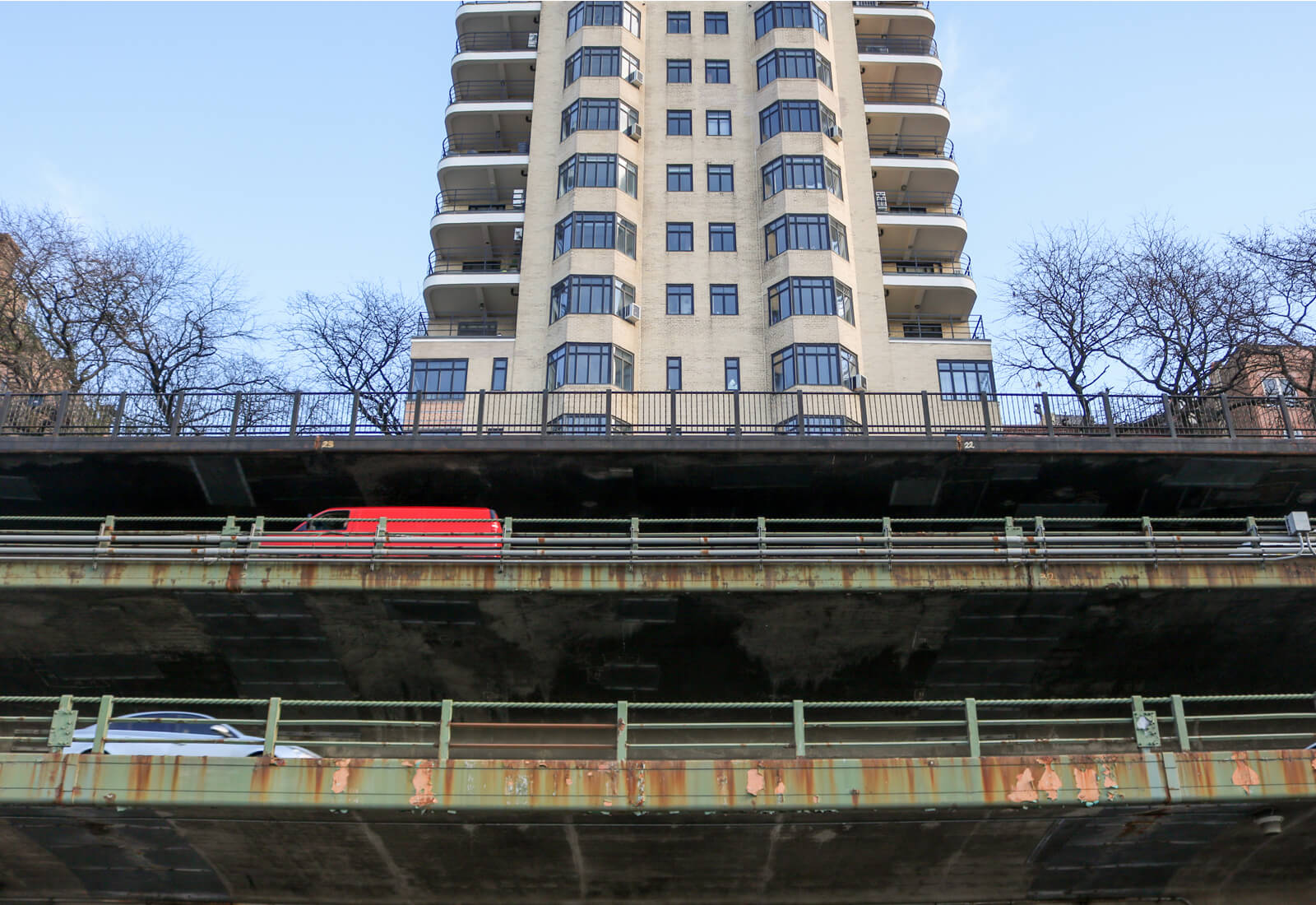
Our past coverage of the BQE illuminates its history and the ever-evolving proposals for repair and re-visioning:
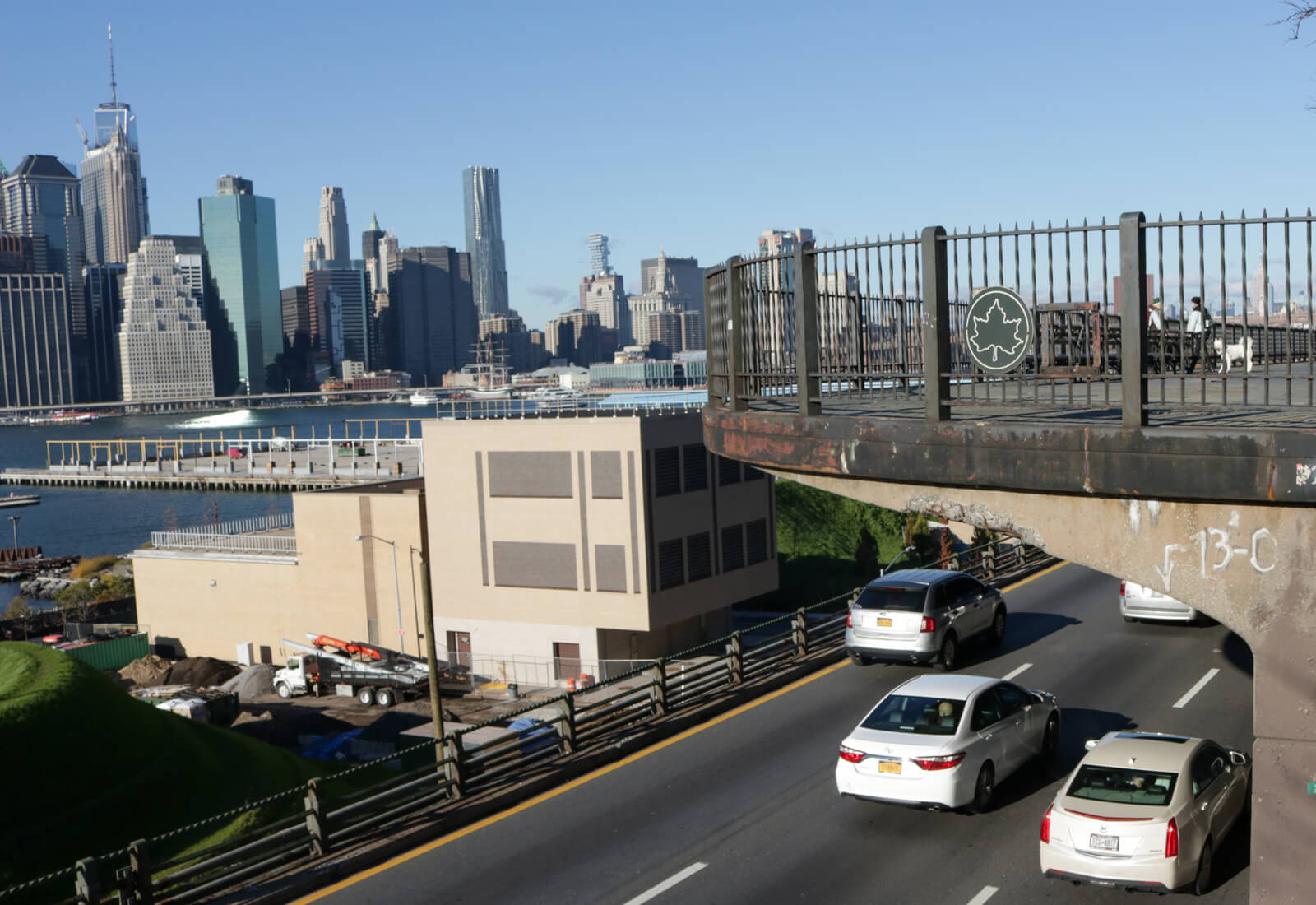
How Master Builder Robert Moses Transformed Brooklyn as We Know It
More than anyone else in recent history, Robert Moses shaped the physical infrastructure of Brooklyn. We drive on his roads, stroll through his parks, live in his housing developments and are surrounded by his influence at every turn. From the 1920s through the late ’60s, Moses molded New York City like clay, creating a legacy of projects that are greatly used, while being loved, hated and controversial, even today.
–
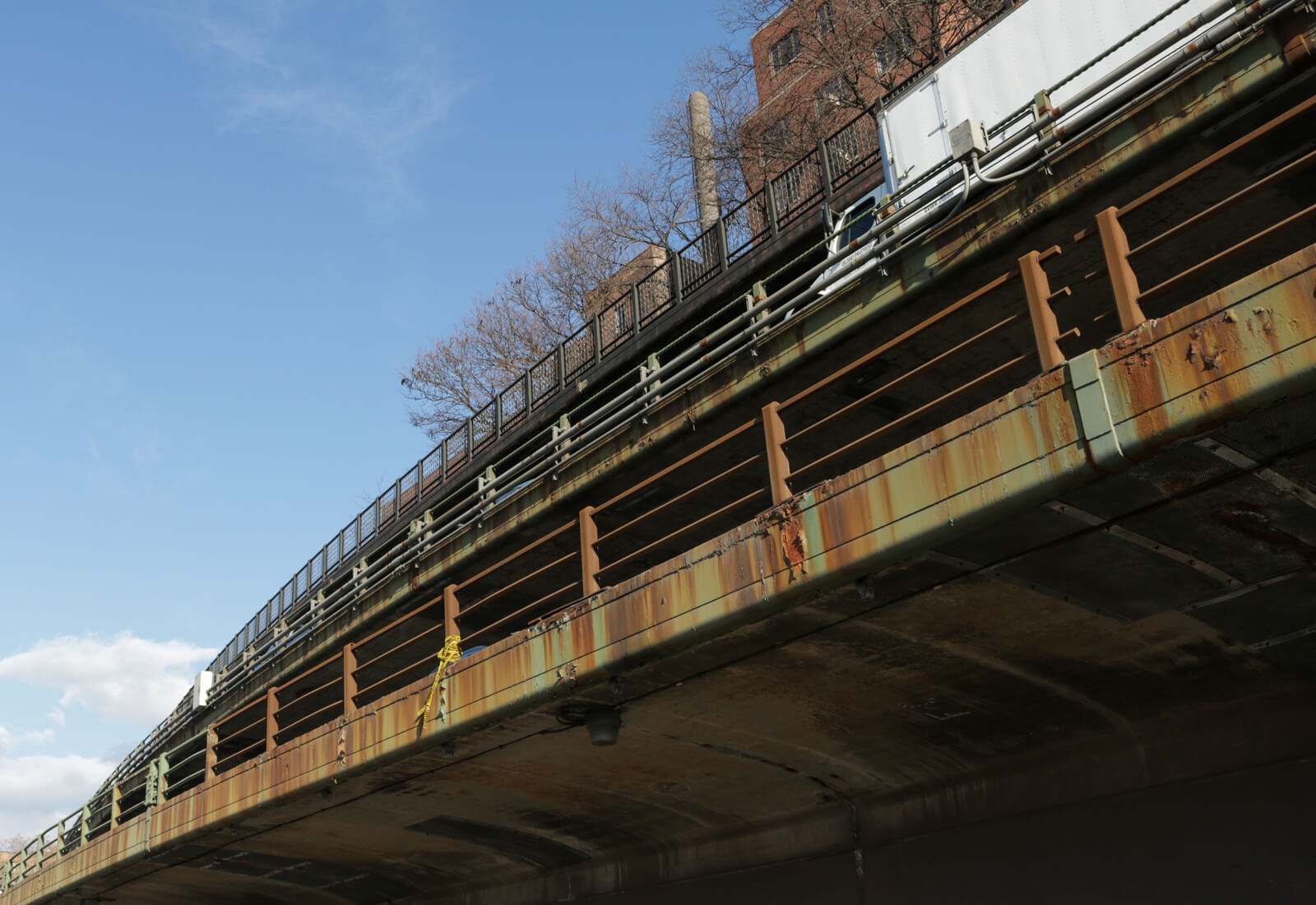
BQE Rehab Not Happening Anytime Soon
The state sent out an announcement saying plans to rehabilitate the BQE are being abandoned because of lack of funds. According to the notice, estimated costs for the revamp ran from $280 million up to $2 billion.
–
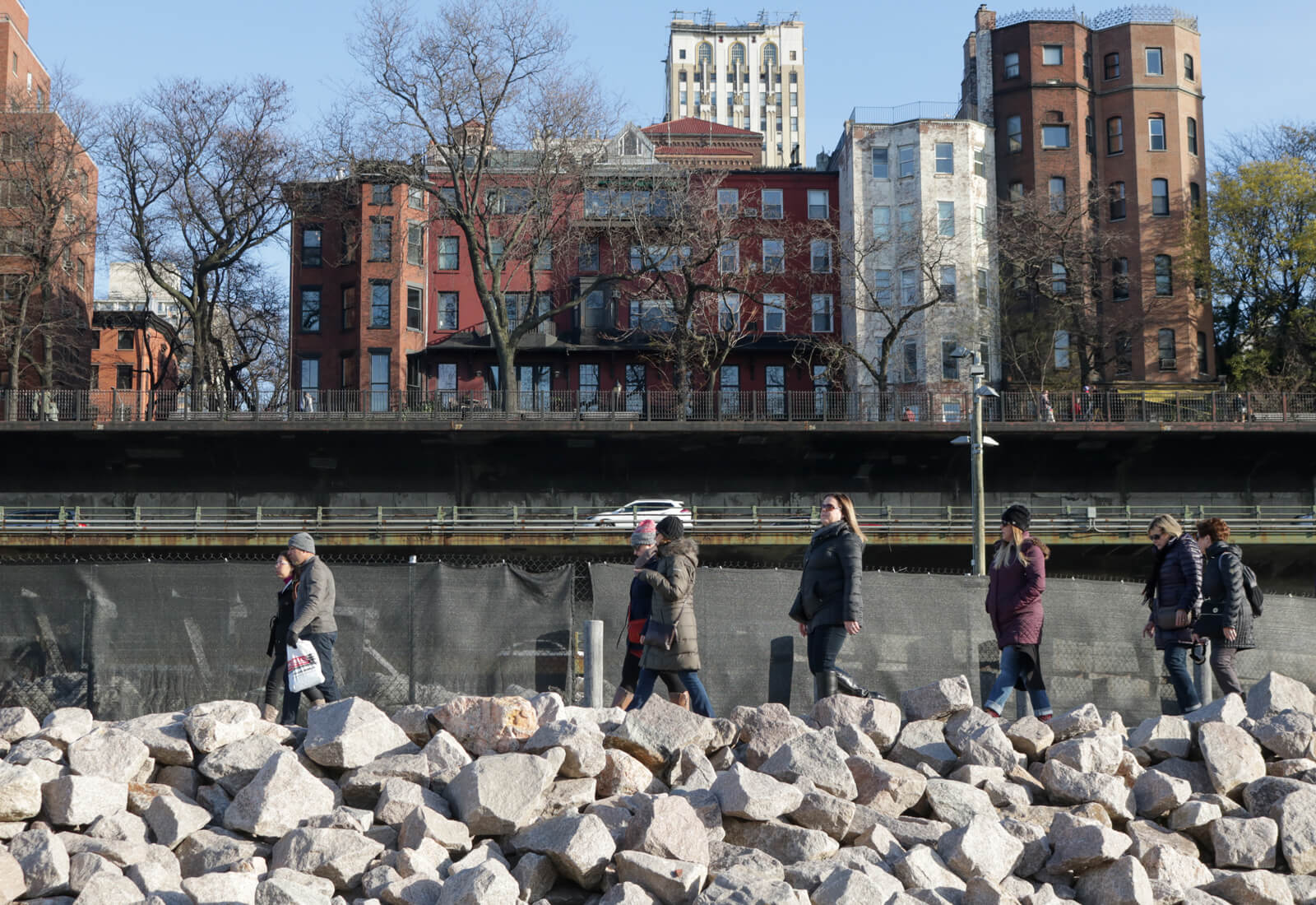
Residents Want “21st Century Solution” for BQE
There are currently nine proposals for reconstruction of the BQE, with the cost ranging from $200 million to $20.7 billion. The cheapest plan, which was criticized as a “paint job,” would be a rehabilitation of the current alignment of the BQE.
–
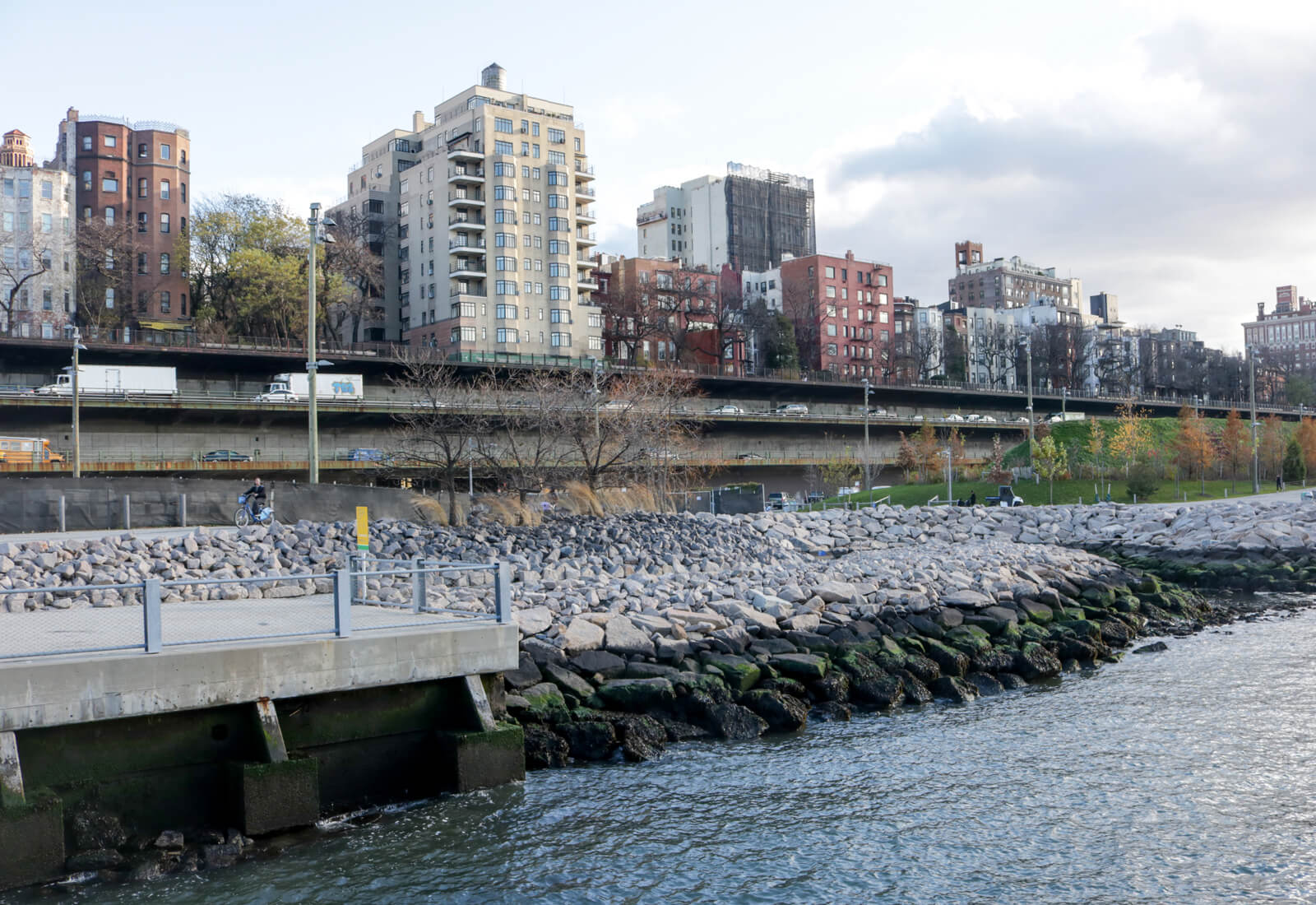
Heights Homes Could Be Taken in BQE Fix
It’s Robert Moses all over again! As it prepared for the reconstruction of the triple-cantilever portion of the BQE that below the Brooklyn Heights Promenade, the State Department of Transportation considered taking some historic homes in the area by eminent domain and demolishing them.
–
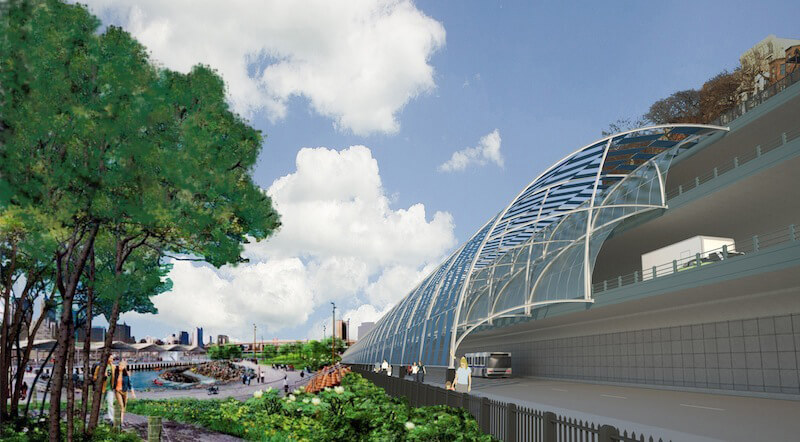
Futuristic Enclosure Thingy Proposed for the BQE
It never hurts to dream. Manhattan-based architecture firm Studio for Civil Architecture proposed a visual and sound barrier between the BQE and Brooklyn Bridge Park.
–
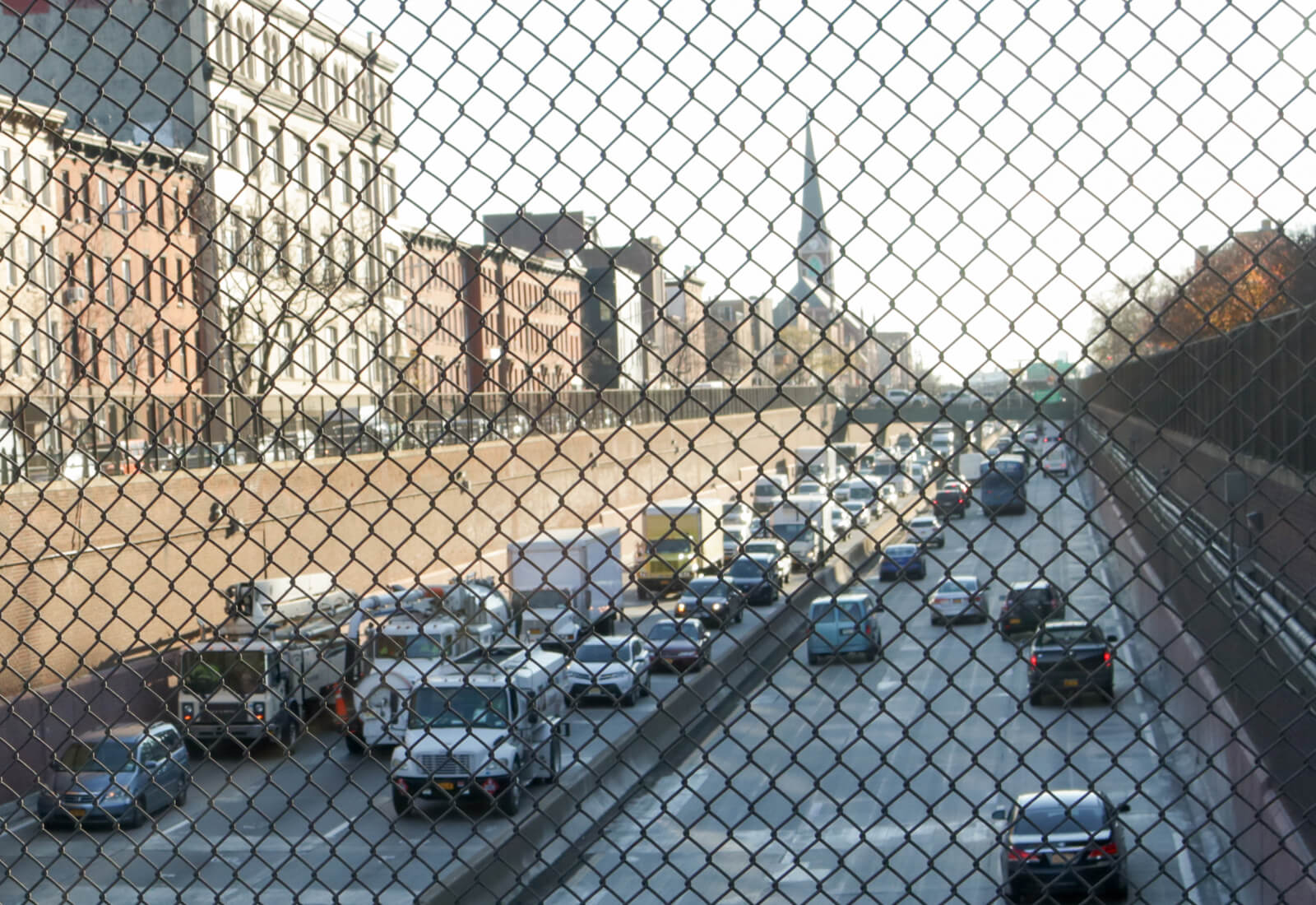
Big Money to Improve the BQE Ditch
Three plans were presented by a team of architects and urban planners on what to do with the BQE “ditch” between Atlantic and Hamilton Avenues.
[Photos and video by Susan De Vries]
Related Stories
- The Making of Brooklyn’s Cadman Plaza
- The BQE at Washington and Park
- The Forgotten Plan to Turn Atlantic Avenue Into a Superhighway
Email tips@brownstoner.com with further comments, questions or tips. Follow Brownstoner on Twitter and Instagram, and like us on Facebook.


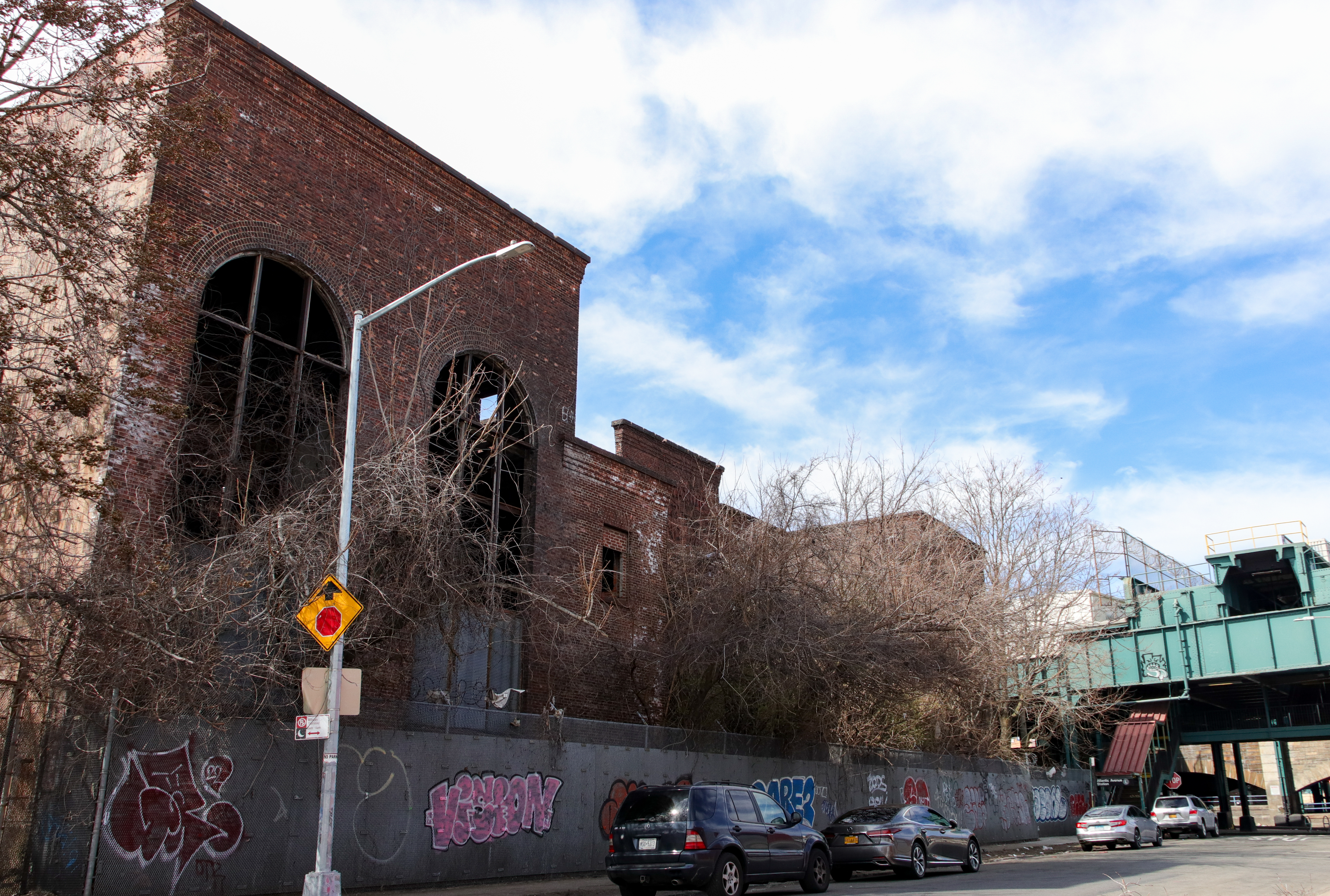
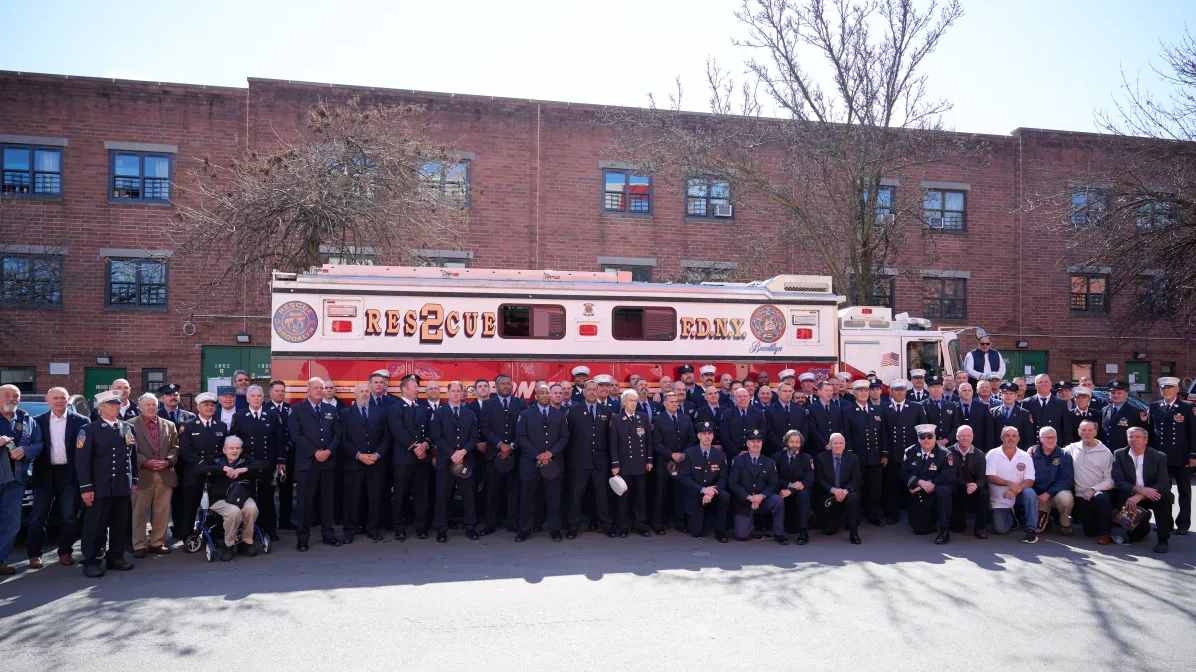
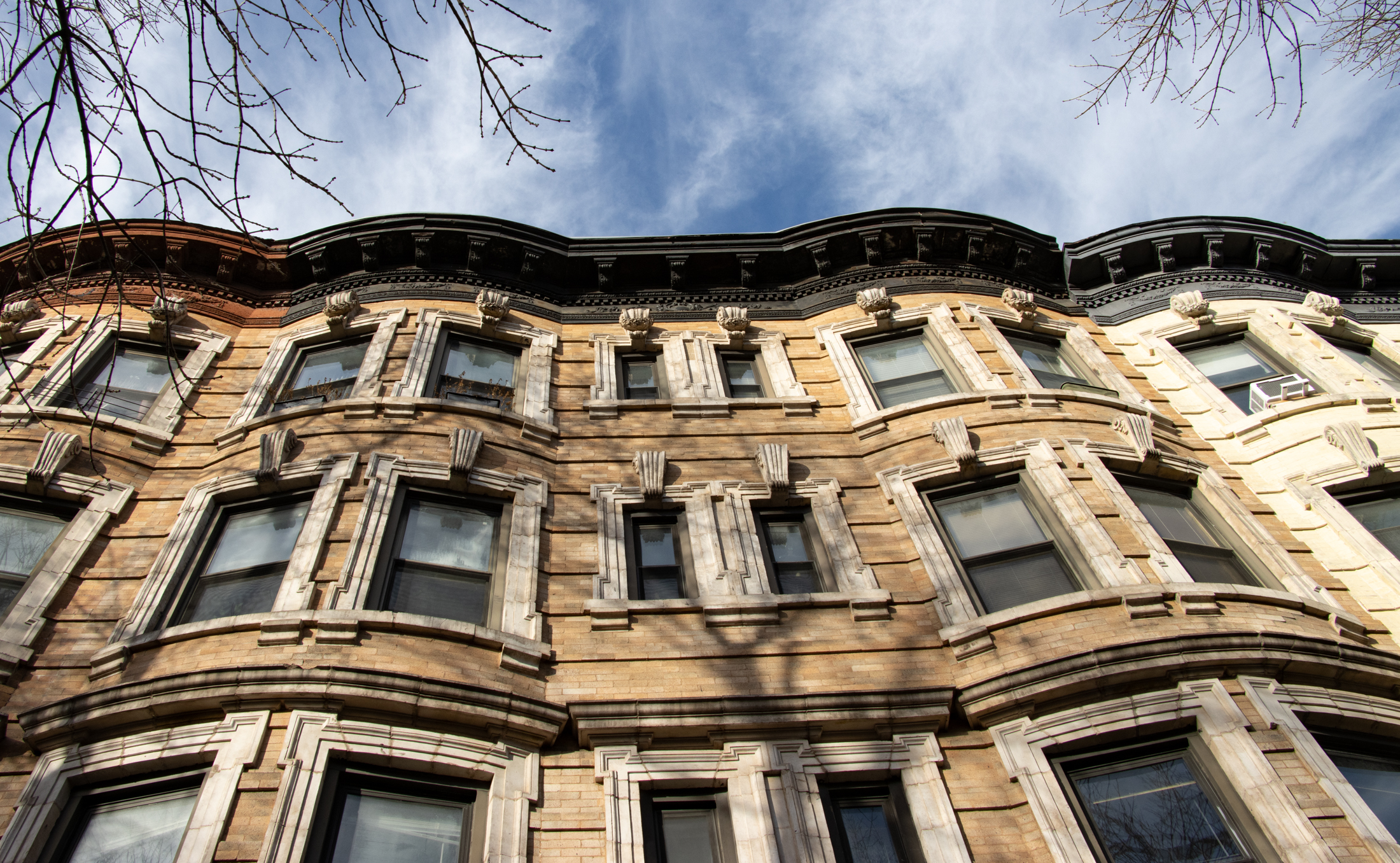




What's Your Take? Leave a Comment